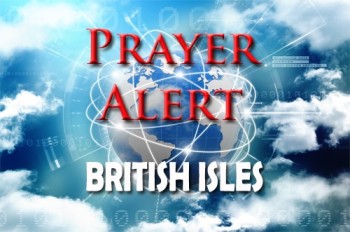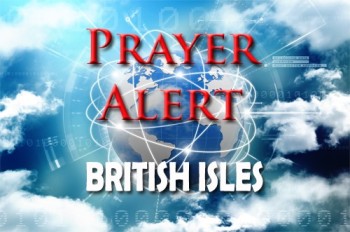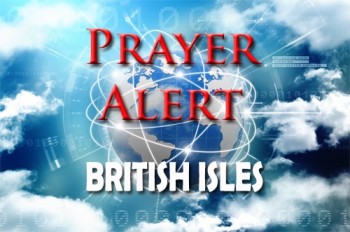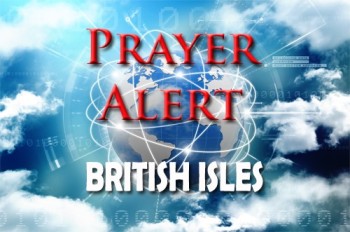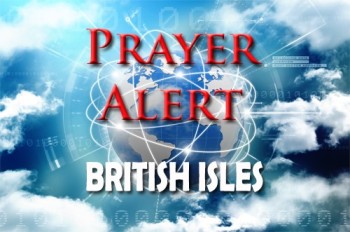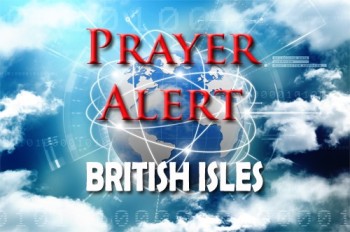Peru: another former president found guilty of corruption
Former president Ollanta Humala and his wife, Nadine Heredia, have been sentenced to fifteen years in prison for laundering $3 million from Brazilian firm Odebrecht and $200,000 from Venezuela’s former president Hugo Chavez. Humala, who served from 2011 to 2016, was taken into custody immediately after the verdict. Heredia sought asylum at the Brazilian embassy and was granted safe passage to Brazil with her youngest son. The trial, which spanned three years, centred on illegal funding for Humala’s 2011 campaign. Prosecutors allege the funds were funnelled through his Nationalist Party to defeat rival Keiko Fujimori. He is expected to serve his sentence at a facility built for former presidents; Alejandro Toledo and Pedro Castillo are also detained there. Former president Alan Garcia killed himself in 2019 as police arrived at his home to arrest him for alleged corruption. Odebrecht has admitted to paying $788 million in bribes worldwide to secure government contracts.
UK seeing 'quiet revival' as church attendance rises, especially among Gen Z
New research suggests a 'quiet revival' may be underway in the UK, with church attendance rising significantly - particularly among Generation Z. A study commissioned by the Bible Society found that 12% of UK adults now attend church at least once a month, up from 8% in 2018. The biggest increase was among 18- to 24-year-old men, rising from 4% to over 20%, with similar growth seen among young women. One-third of Gen Z non-attenders said they would go to church if invited by a friend. The report also highlights increasing diversity within UK churches, with ethnic minorities now accounting for one in five regular attenders. Churchgoers were also found to report higher life satisfaction, lower anxiety, and stronger community engagement. Paul Williams, CEO of the Bible Society, said the findings challenge the narrative of church decline, revealing instead that the Church in England and Wales is growing and offering real hope. Pentecostal and Roman Catholic congregations showed especially strong growth during the study period.
Russian pastors risk prison to oppose war in Ukraine
A quiet yet courageous resistance is growing among evangelical leaders in Russia who are risking their freedom to oppose the war in Ukraine. Bishop Albert Ratkin, pastor of Word of Life Church near Moscow, has been labelled a 'foreign agent' by the Kremlin and has had his church raided. Despite the risks, Ratkin continues to speak publicly against the war, declaring that Christians must not support violence. Other pastors, such as Nikolay Romanyuk and Yuri Sipko, have faced imprisonment, persecution, or have fled the country entirely. Romanyuk is currently facing prison for urging Christians not to enlist, while Sipko fled to Germany after authorities called his sermons 'enemy propaganda’. Pastor Andre Furmanov helps church members obtain military exemptions but avoids public protests to avoid jeopardizing lives. These men represent a small group of faithful believers whose conscience, shaped by the gospel, compels them to stand for peace and truth. Despite repression and persecution, they remain committed to proclaiming Christ’s message of love and justice.
UK-US deal or eased tariffs ‘won’t be enough’, Starmer warns
Keir Starmer has cautioned that even if the UK secures a US trade deal or lower tariffs, it will not be enough to safeguard Britain’s economic future. In response to Donald Trump’s imposition of a 10% import tax on British goods, Starmer urged the UK to adapt to a changing global landscape by strengthening cooperation with Europe and diversifying trade partnerships. Trump later announced a 90-day pause on tariffs for most countries, though uncertainty remains. Global markets reacted with volatility, and the Bank of England warned of rising global financial risks. Despite the turmoil, Starmer reaffirmed the government's fiscal discipline. Rachel Reeves is also working to establish trade agreements, including a recent £400 million deal with India, and has planned high-level meetings in Washington and Brussels. The Government aims to boost UK growth by fostering new trade alliances while safeguarding vital interests like the NHS and digital taxation.




